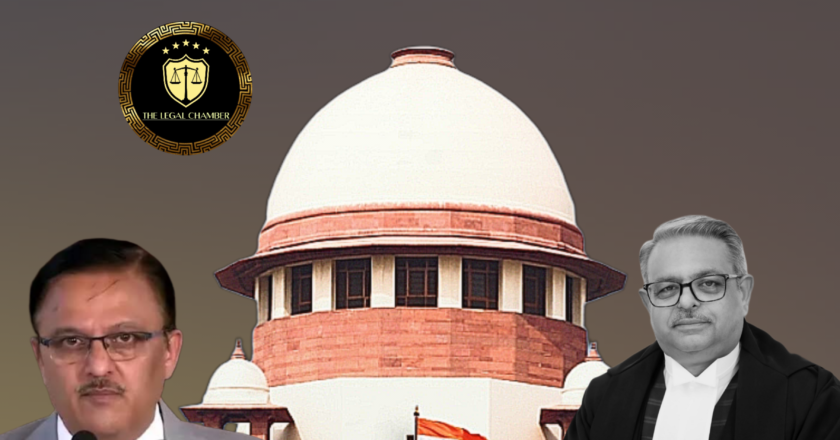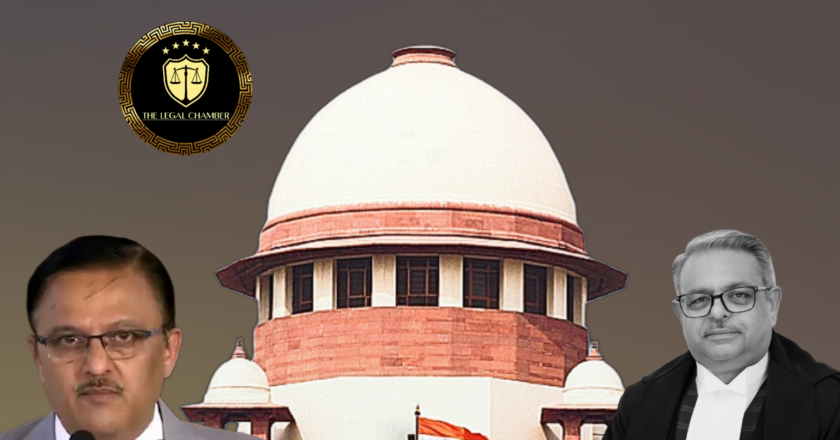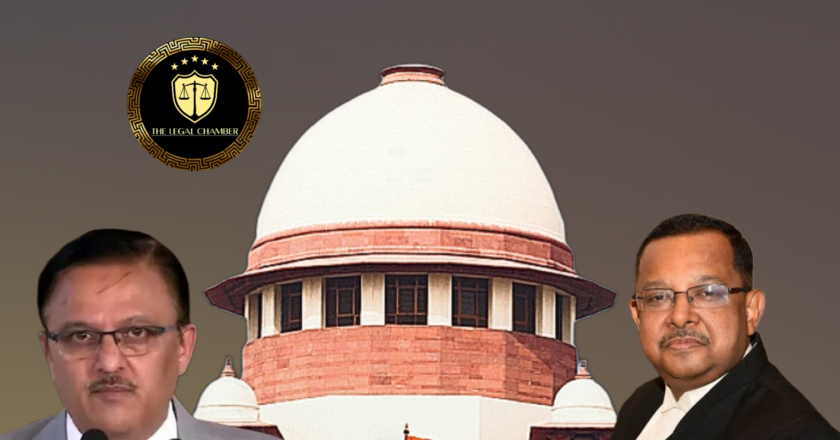Sand Mining Case: Supreme Court Explains State’s Power to Fix DMF Charges for Minor Minerals
The Supreme Court dismissed appeals challenging demand notices for depositing 10% of the total bid amount with the District Mineral Foundation (DMF). The Court held that Section 9B of the Mines and Minerals (Development and Regulation) Act, 1957, is inapplicable to minor minerals due to Section 14. The State Government is empowered under Section 15A to fix the amount payable to the DMF for minor minerals. The Court found the demand consistent with statutory provisions and the 2017 Rules
Facts Of The Case:
Chandra Bhan Singh, a successful bidder for mining minor minerals (sand), was allotted a tender. In line with the Policy decision dated April 22, 2017, the Appellant was required to deposit an amount of ₹54,12,960/-, representing 10% of the total bid amount of ₹5,41,29,600/-, to the Dis...



